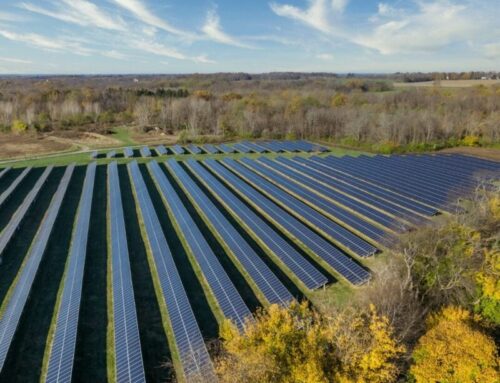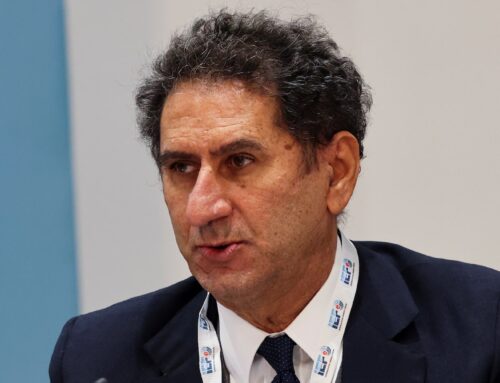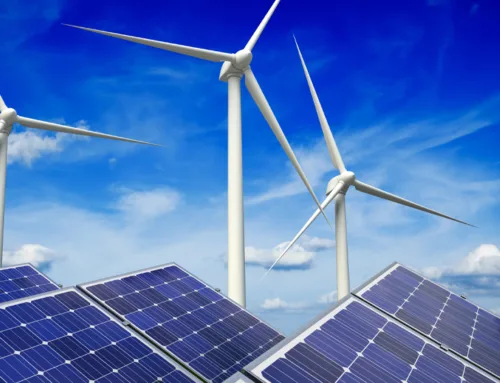Carbon offsets fail to cut global heating due to ‘intractable’ systemic problems, study sa
October 6, 2025
The failure of carbon offsets to cut planet-heating pollution is “not due to a few bad apples”, a review paper has found, but down to deep-seated systemic problems that incremental change will not solve.
Research over two decades has found “intractable” problems that have made carbon credits in most big programmes poor quality, according to the study. While the industry and diplomats have made efforts to improve the system, it found much-awaited rules agreed at a UN climate summit last year “did not substantially address the quality problem”.
“We must stop expecting carbon offsetting to work at scale,” said Stephen Lezak, a researcher at the University of Oxford’s Smith School and co-author of the study, in Annual Reviews. “We have assessed 25 years of evidence and almost everything up until this point has failed.”
Carbon offsets are a tool to cut emissions efficiently by crediting rich polluters for financing cheap climate action abroad while pumping out the same amount of planet-heating gas at home.
In theory, the practice could lead to lower levels of global heating by funnelling money to the places where it will do the most good as soon as possible. But voluntary carbon markets have long been plagued by “junk offsets” that overstate their impact.
The researchers said the worst problems were with issuing additional credits for projects that were already in the pipeline, such as building a windfarm that would have gone up anyway; impermanent projects, such as planting trees that later burn down in a wildfire; projects with leakage, such as protecting part of a forest but effectively pushing loggers elsewhere; and double-counted projects, such as restoring a peatland but letting the seller and buyer claim the drop in emissions.
“An offset may be robust on three of these four dimensions, but if it lacks in the fourth, it may represent a far lower emissions reduction than was credited – or no real reduction at all,” the study warned.
A meta-analysis published in Nature Communications last year found that less than 16% of the carbon credits investigated showed real reductions in greenhouse gas emissions.
The lead author, Benedict Probst, founder of the Net Zero Lab at the Max Planck Institute for Innovation and Competition, who was not involved in the new paper, said it provided a “valuable high-level overview of the well-documented problems plaguing existing carbon crediting projects”, despite not providing a critical appraisal of the underlying studies.
“This study echoes the main conclusions of our own research, but it provides a broader picture across the carbon crediting landscape,” he said.
Probst added that the study identified some of the root causes of over-crediting, such as information gaps, but warned of other systemic factors such as the small constituency advocating for high-quality projects, conflicts of interest when drafting standards, and “chronically understaffed” regulators.
There are efforts under way to clean up the market. In response to recent criticism, industry-led initiatives such as the Integrity Council for the Voluntary Carbon Market (ICVCM) have gone through the latest scientific research on which offsets are effective, only approving schemes that meet strict requirements. Separately, so-called “ratings agencies” for carbon offsets now provide buyers with information on whether offsets are likely to represent real-world emission reductions.
The review authors recommended urgently phasing out offsets that did not actively suck CO2 from the atmosphere and shifting the focus of offset markets to high-quality carbon dioxide removal and storage. Instead of financing other meaningful climate projects through carbon offsets, they called for a contribution-based scheme that did not allow donors to claim it negated their own emissions.
But they also found some types of projects that currently suffer from over-crediting could still be remedied, such as issuing cleaner cookstoves and capturing gas from landfill.
“We don’t want to throw the baby out with the bathwater,” said Lezak. “There are a couple of important domains where it is important to highlight success, or the potential for it.”
Search
RECENT PRESS RELEASES
Related Post




